A Longer Childhood Makes Young Birds Smarter
It is no surprise that humans are unusual – we have extraordinarily large brains and generally speaking most of us have ‘extended childhood’. This gives us lots of time to safely explore and learn and is perhaps a key reason why human have been able to learn skills that take many years to master. It turns out we’re not alone! What does this have to do with corvids (jays, crows, ravens and magpies)?
Scientists from the Max Planck Institute for the Science of Human History and the University of Konstanz recently studied the social and life-history data of thousands of songbirds, including 127 corvids about the benefits of extended parenting and the results are in: extended parenting helps young birds grow smarter.
Researchers noted that both humans and corvids spend much of their childhood surrounded by adults and actively learning skills. This supports lifelong learning.
Solve this Riddle!
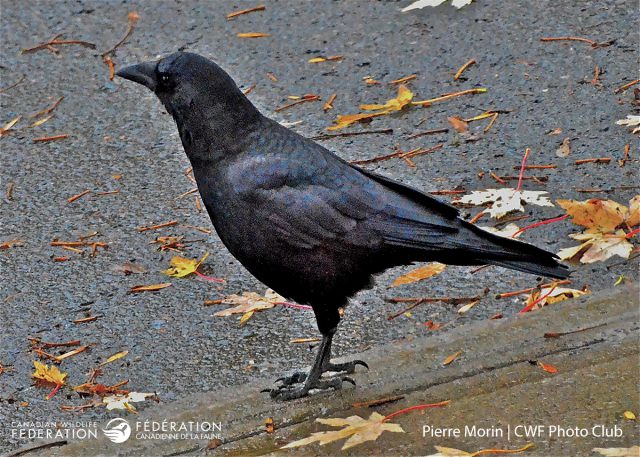
In Sweden, researchers spent years observing two corvid species in the wild to see if there is a correlation between young birds learning, to the parenting received during the bird’s adolescence. Experiments were done to test the ability of the young birds to detect a predator and ability in opening a puzzle box to access food. What they found was that the young ones learned much faster by watching their parents’ reaction to these tests versus on their own. Because these young birds can stay with their family group for up to four years, they benefited from extended parenting and are more likely to live longer and to start their own family.
Nom, Nom
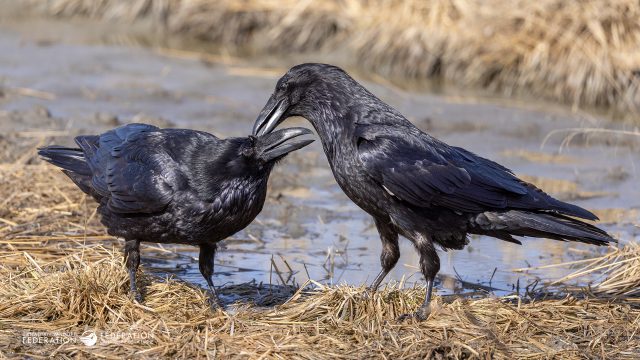
At a study site in New Caledonia, researchers spent years following New Caledonian crows to track how juveniles make tools for food retrieval. What the researchers discovered was that it takes about a year for them to learn this skill. Similarly to the observations above, parents and other adults are tolerant of a much longer childhood and also allow the young birds to watch closely how they use tools to get food. Not only this, but during this adolescent stage where the juvenile crows learn and watch, they are being supported and continue being fed by the parents.
The bottom line: extended parenting affects intelligence. The key role of a safe and nurturing extended childhood is the reason children, and other species like these young birds, can spend their childhood learning and making mistakes and build lifelong skills for survival.

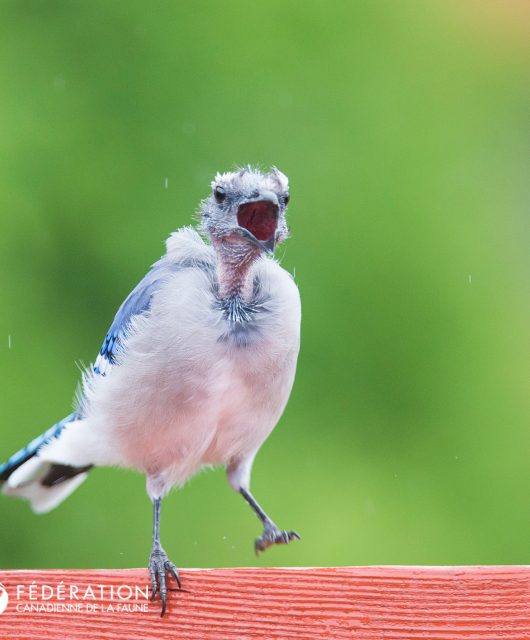
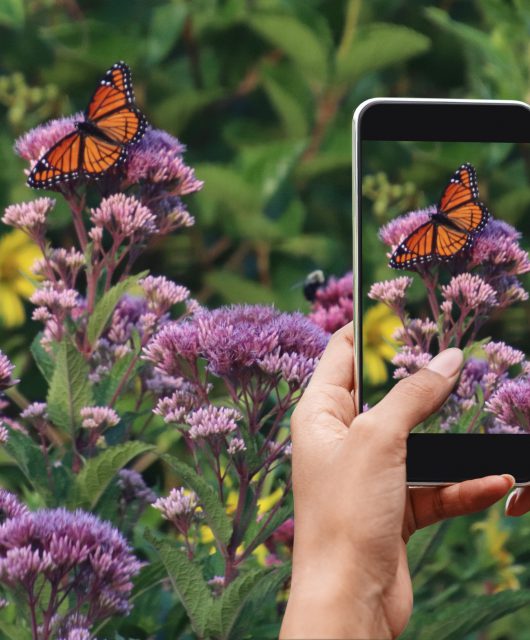
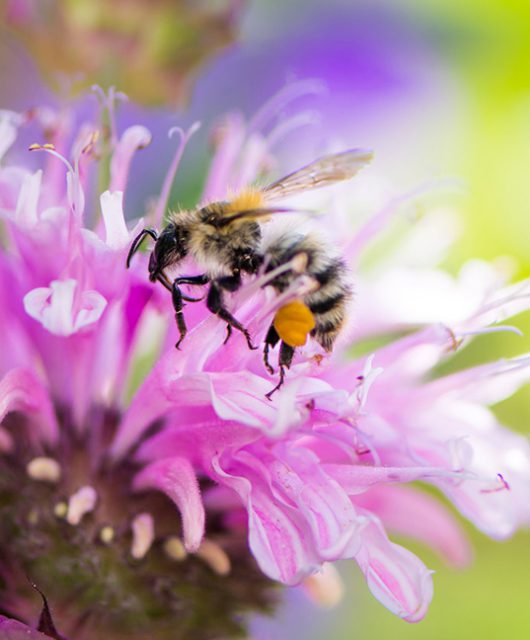
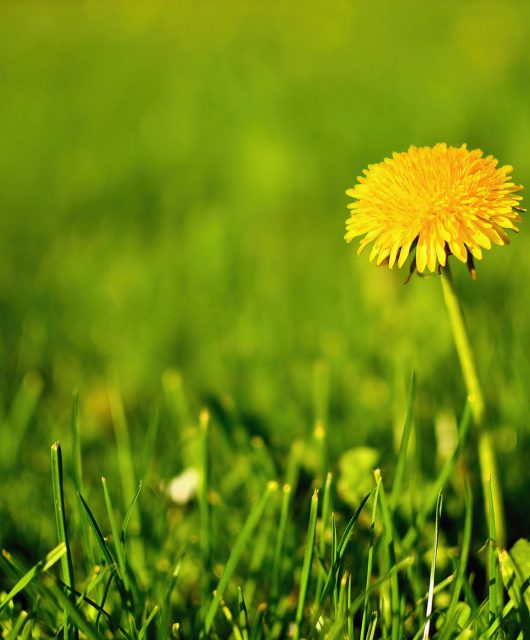
2 comments
My dad was the main influence in my life when it came to watching anything grow and flourish outside. We were avid birdwatchers, I still am after a move across the country. We spent many a year talking on the phone nearly daily about which species was in the air and at the feeders! I became a good gardener at the tutelage of my father.
He left us many years ago. He was a great dad, I miss you and honor your service to our military as well.
Hi Brenda
Thank you for sharing your memories <3 Your father sounds like he was an amazing person! I hope you have been able to share the gift of knowledge he gave you with others. Lest we forget.